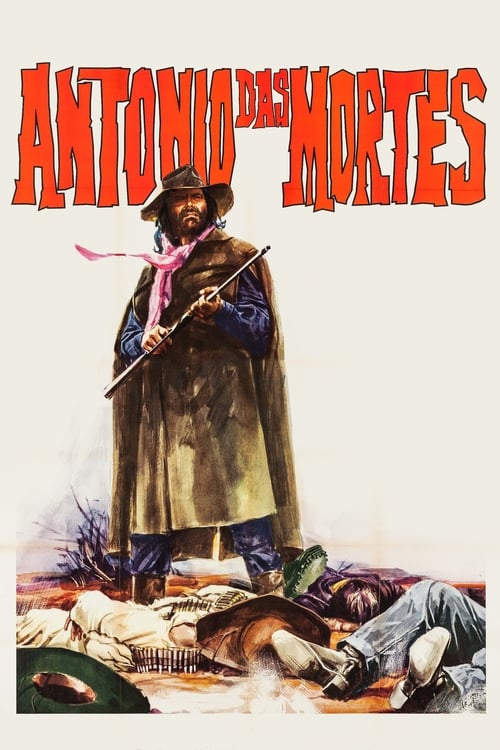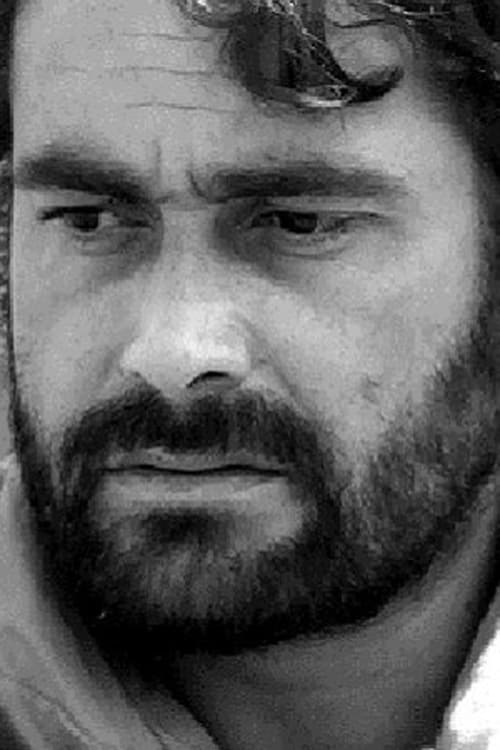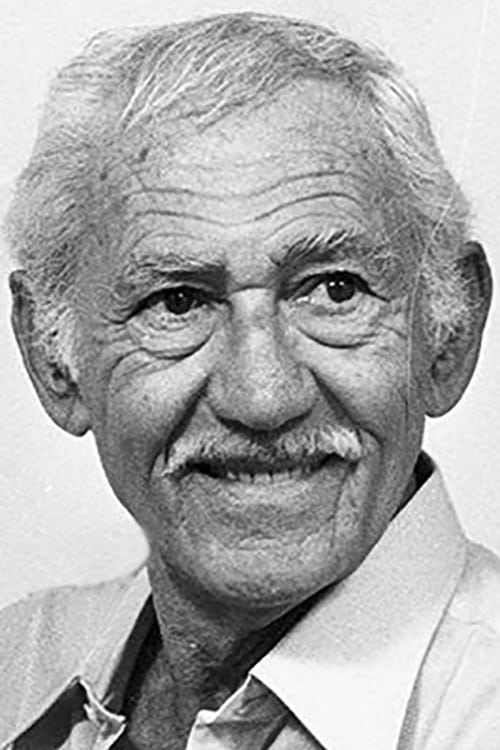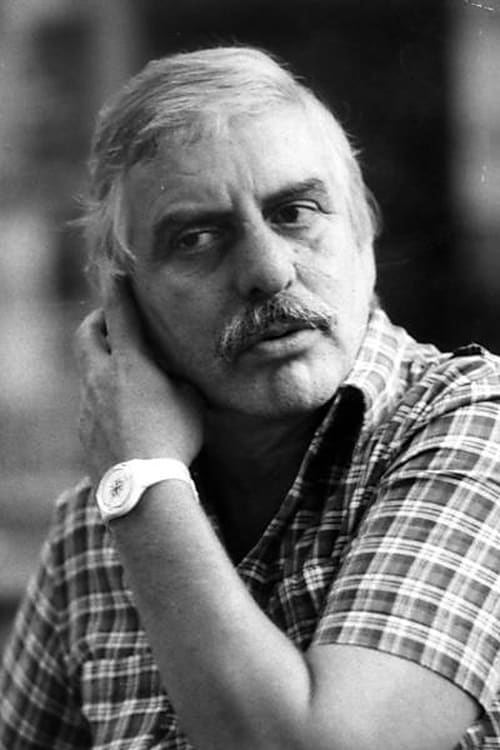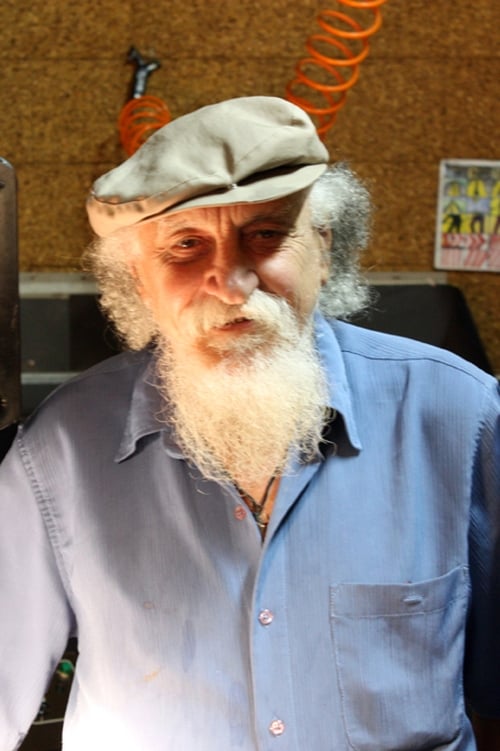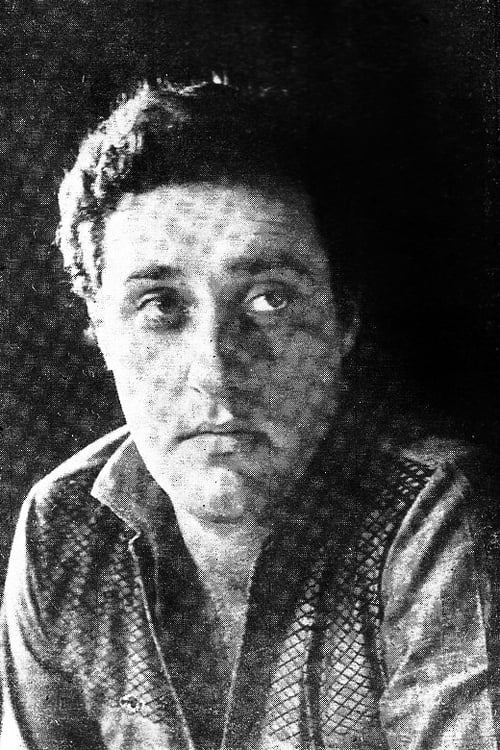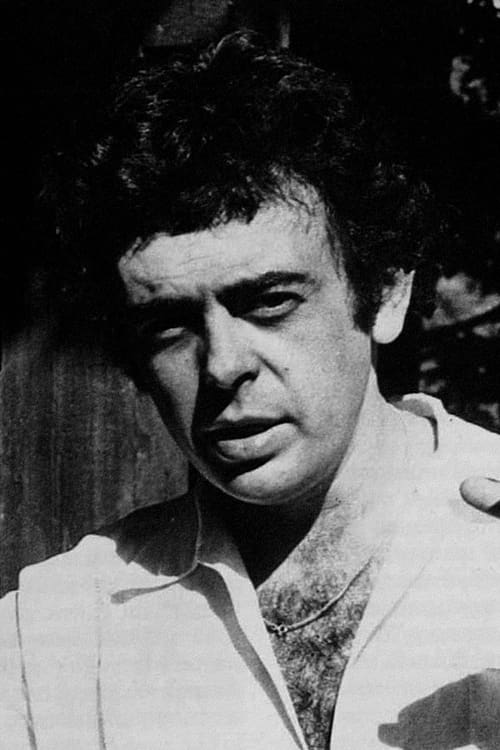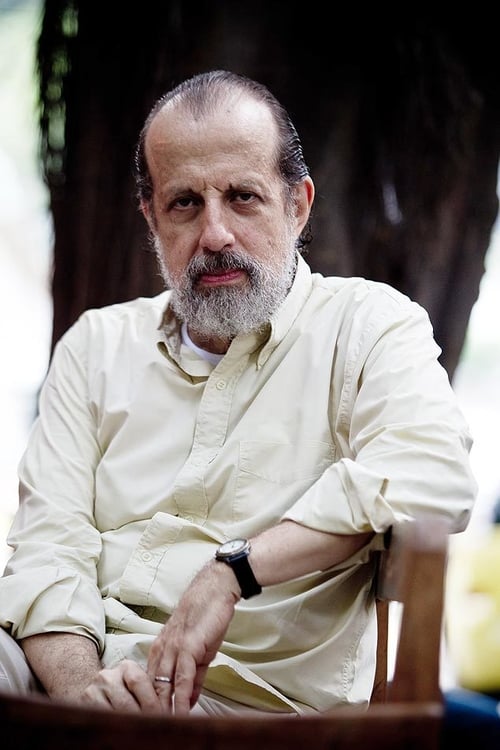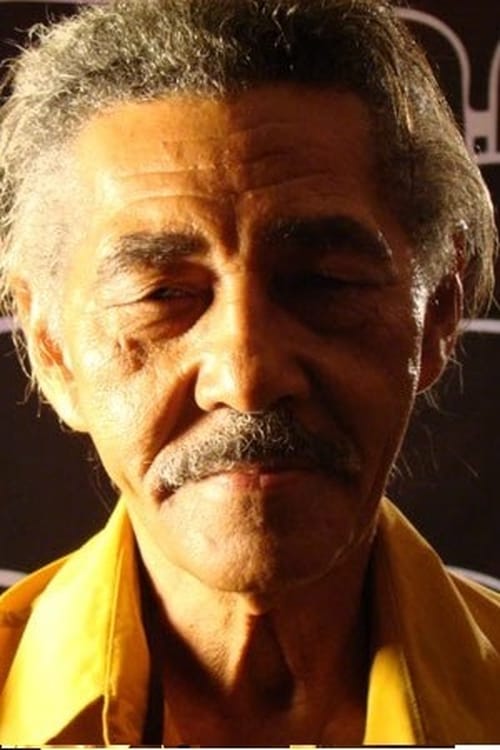Antonio das Mortes (1969)
Género : Drama, Acción, Historia
Tiempo de ejecución : 1H 40M
Director : Glauber Rocha
Escritor : Glauber Rocha
Sinopsis
A new incarnation of Cangaceiro bandits, led by Coirana, has risen in the badlands. A blind landowner hires Antônio to wipe out his old nemesis. Yet after besting Coirana and accompanying the dying man to his mountain hideout, Antônio is moved by the plight of the Cangaceiro’s followers. The troubled hitman turns revolutionary, his gun and machete aimed towards his former masters.

Un destacado cocinero se ve convertido en el Rey de la Cocina en la cárcel... El mundo se compone de los que comen y los que son comidos. Raimundo Nonato, el protagonista, ha encontrado una vía alternativa: se dedica a cocinar. Primero cocina en el bar, luego en un restaurante italiano y, anualmente, en la cárcel. Pero, ¿cómo es que terminó en la cárcel? Raimundo cocina mientras aprende a defenderse y descubre una serie de normas que utiliza en beneficio propio: antes o después el cocinero también quiere su ración y nadie mejor que él sabe qué porciones son las más ricas. 'Estômago' es un cuento para adultos que aborda los temas del poder, el sexo y la gastronomía.
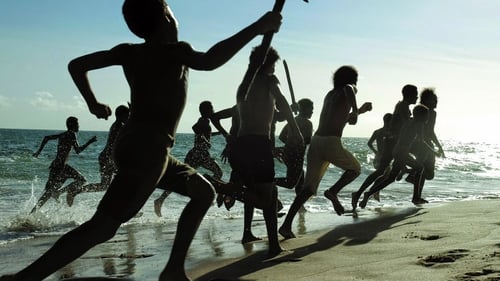
Recuerda que puedes ver esta película en http://www.wopelis.com

Man finds a job as a dog catcher, but feels sorry for the animals and sets them free.
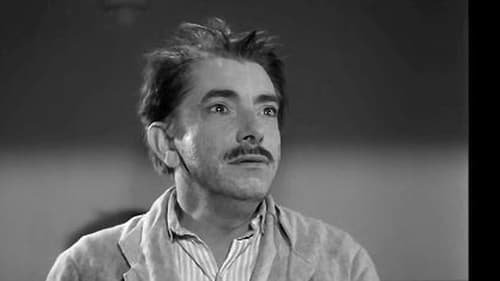
It is the story of Pedro, who after being passed over by his brothers, wanders the world in search of a better life, but on the way, finds children who eventually conquer it, and in order to help them, he passes scamming other people he met along the way, telling lies, however, always with the goal of helping him new friends. And kills a cow.

Hello, Hello, Terezinha! is a feature-length documentary about the country's biggest communication phenomenon. Politically incorrect, radical, renewing, Chacrinha changed Brazilian television forever and expressed a Brazil that was around it, but was not perceived. The film tells the great adventure of Abelardo Barbosa through the eyes of the presenter. It gathers the nuclei of its constellation - chacretes, fledglings and artists who passed through its programs - to identify their individualities and their emotions.

Paco and Tonho are illegal Brazilian immigrants in New York. Shy Tonho dreams of being successful, but misses his family and Brazil. Pursued by Immigration Service and later arrested, he is about to be deported. Paco, a rapper and performer, indifferent to all except her career, dreams of hitting the top ten chart. The film shows the relationship of the couple in love mid hope, difficulties, and misencounters in a beautiful and violent metropolis

Rio de Janeiro es una ciudad en expansion. De sus casi 12 millones de habitantes, se calcula que el 20% de la poblacion vive en las mas de 600 favelas o barrios de chabolas. La mayoria de ellas estan controladas por narcotraficantes o paramilitares armados hasta los dientes que nunca antes habian sido filmados sin disfraces o caretas

Una mirada acronológica y en profundidad a la vida de Heleno (1920-1959), mítico y controvertido futbolista brasileño de los cuarenta. Conocido como «Gilda» por su temperamento violento, Heleno fue el príncipe de la edad dorada de Río de Janeiro. Apuesto, encantador y refinado en los elegantes salones de baile, tenía un carácter explosivo y lleno de pasión en la cancha. Heleno estaba seguro de que era el futbolista brasileño más grande de todos los tiempos, pero la guerra, la sífilis y una turbulenta vida lo alejaron de ese destino de gloria, precipitando la tragedia.
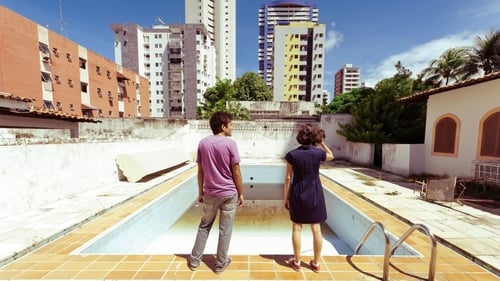
Life in a middle-class neighbourhood in present day Recife, Brazil, takes an unexpected turn after the arrival of an independent private security firm. The presence of these men brings a sense of safety and a good deal of anxiety to a culture which runs on fear. Meanwhile, Bia, married and mother of two, must find a way to deal with the constant barking and howling of her neighbour’s dog. A slice of ‘Braziliana’, a reflection on history, violence and noise.

Brasil, en 1594. Prisionero de los Tamoios, un aventurero francés escapa de la muerte gracias a sus conocimientos de artillería. A pesar de servirse de sus conocimientos, los indios fijan el día de su muerte. Durante el tiempo que le queda de vida, el prisionero aprende los hábitos de la comunidad y conoce a una joven, con cuya ayuda tratará de escapar. (FILMAFFINITY)
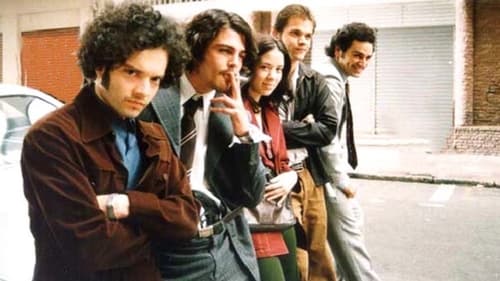
Brazil in the early 70s. Miguel, Eloi, Osvaldo and Paolo take part in armed attacks against the military dictatorship. They pay a heavy price with torture and arrest. Today the four friends still see each other. Only Miguel is politically active. On a photograph from a political meeting in Sao Paolo he recognises the policeman who tortured them 25 years ago and who was responsible for the death of Miguel's girlfriend. The policeman has been officially dead for a few years. On one of their fishing trips together, Miguel tells his friends of his discovery. When they hunt down and confront their nemesis they come into conflict with both themselves and each other.

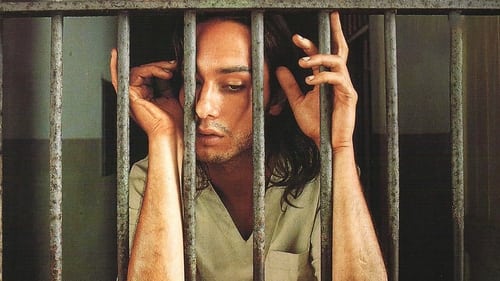
A trip to the mental institution hell. This odyssey is lived by Neto, a middle class teenager, who lives a normal life until his father sends him to a mental institution after finding drugs on his pocket. The maconha cigarrete is just the final drop that exposes the family tragedy. Send to a mental institution, Neto gets to know a completely absurd, inhumane reality in which the people are devoured by a corrupt and cruel institution system. The documentary type language used by the director give this movie a sensation of realty that increases even more the impact of the emotions Neto goes through. In the mental institution, Neto is forced to mature. The transformations that he goes through change this relations with his father.
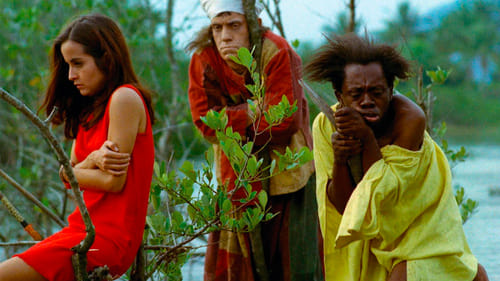
El director logra una caricatura aguda de la condición humana y su satirización, provocando risas espontáneas cuándo se detiene en los absurdos del racismo, la personalidad de los indios y el modo en que las distintas clases sociales se devoran entre sí. La película se inspira en una famosa novela de Mario de Andrade, fundador del "Movimiento Literario Modernista" de los años 20 y narra la historia y la metamorfosis de Macunaíma, el héroe perezoso y sin ningún carácter, que nace negro en el interior de Brasil. Emigra con sus hermanos hacia la gran ciudad en busca de un amuleto de la suerte, y en el camino se vuelve blanco. En la ciudad entablará una relación con una guerrillera urbana y un magnate capitalista.
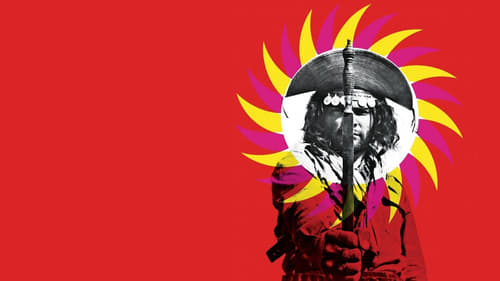
Dios y el diablo en la tierra del sol (Deus e o diabo na terra do Sol), el segundo largometraje de Rocha, pertenece a este movimiento renovador del cine brasilero que influirá por años en otros autores latinoamericanos. Inspirado en la "Estética de la violencia", apela al signo que, según Rocha, caracteriza a su pueblo, el hambre, que a la vez es su originalidad, pues el hambre convoca a una violencia transformadora que se convierte en acto revolucionario, donde el colonizador llega a tomar conciencia de la existencia del colonizado.
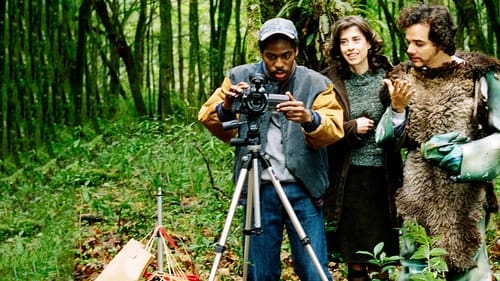
When they discover their town lacks funding for a sewage system, but does have a federal grant to make a movie, a group of villagers decide to make a sci-fi joint about a monster who lives in the building site of a septic tank.
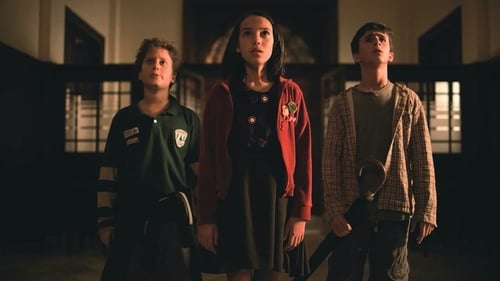
Eugênio (Lucas Cotrim) é um garoto de 11 anos que jamais se separa do guarda chuva herdado de seu avô. No último dia de férias ele e Cebola (Victor Froiman), seu melhor amigo, precisam entrar na sombria casa onde fica sua nova escola. O motivo é para resgatar Frida (Rafaela Victor), a grande paixão de Eugênio, que foi sequestrada pelo fantasma do Barão Von Staffen (Daniel Dantas)

Alice es una mujer de unos 30 y pocos años, casada con João, madre de un hijo y muy bien sucedida profesionalmente. Como una típica workaholic, es en el trabajo donde encuentra su más grande y único placer. Sin embargo, su vida personal es prácticamente inexistente: cero afectividad, cero libido, vida personal cero. Mientras que a ella le faltan afectividad y sexo, le sobran a su vecina, la maravillosa Marcela. Dueña de un sex shop, Marcela es una verdadera experta en el asunto y lo sabe todo cuando el tema es la búsqueda del placer. Sus vidas se cruzarán y las dos pasarán por grandes transformaciones por cuenta de este encuentro, como en las típicas comedias de errores.

Inspired by the moving book “Só as Mães São Felizes”, by Lucinha Araújo, Cazuza's mother, the film covers a little more than 10 years of the singer’s crazy and brief life – from the beginning of his career in the Circo Voador venue, in 1981, to the huge success and the apotheosis of his shows with the Barão Vermelho band, his solo career, his relations with his parents, friends, lovers and passions, and the courage he had to face his final years, with HIV, until his death, in 1990.
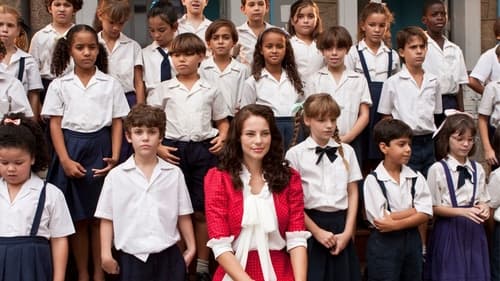
After studying in the capital, the young Cate, 18, returns to her small town in Minas Gerais, to teach in elementary school. Enthusiastic, free and communicative, she conquers the students in the act, but its leading behavior does not appeal to conservative teachers of the 40s. Every day she brings new ideas. While they discover the pleasure of learning, the school friends also have the first lessons about love, friendship and freedom. And the schoolmistress not only winning students: the most beautiful boys in town fall in love with her. Created by Tia Cida and niece of Bishop Aristides, Cate grew up with his uncle's godson, Beto, who became a priest and return to the city after studying outside.

Leader of the student union, Saulo is the target of racist curses inside the classroom. When he retaliates, he is called to the principal's office, but refuses to suffer the consequences of the attack alone, since the aggressor is not responsible for his speech. Inspired by readings about the Black Panthers, the boy decides to stay in school until justice is done. Meanwhile, he exposes the neglect of the establishment's structure with his cell phone. Gradually, colleagues, teachers, directors and even politicians get involved in the conflict that is highlighted in the media.

Dios y el diablo en la tierra del sol (Deus e o diabo na terra do Sol), el segundo largometraje de Rocha, pertenece a este movimiento renovador del cine brasilero que influirá por años en otros autores latinoamericanos. Inspirado en la "Estética de la violencia", apela al signo que, según Rocha, caracteriza a su pueblo, el hambre, que a la vez es su originalidad, pues el hambre convoca a una violencia transformadora que se convierte en acto revolucionario, donde el colonizador llega a tomar conciencia de la existencia del colonizado.

Life in a middle-class neighbourhood in present day Recife, Brazil, takes an unexpected turn after the arrival of an independent private security firm. The presence of these men brings a sense of safety and a good deal of anxiety to a culture which runs on fear. Meanwhile, Bia, married and mother of two, must find a way to deal with the constant barking and howling of her neighbour’s dog. A slice of ‘Braziliana’, a reflection on history, violence and noise.
